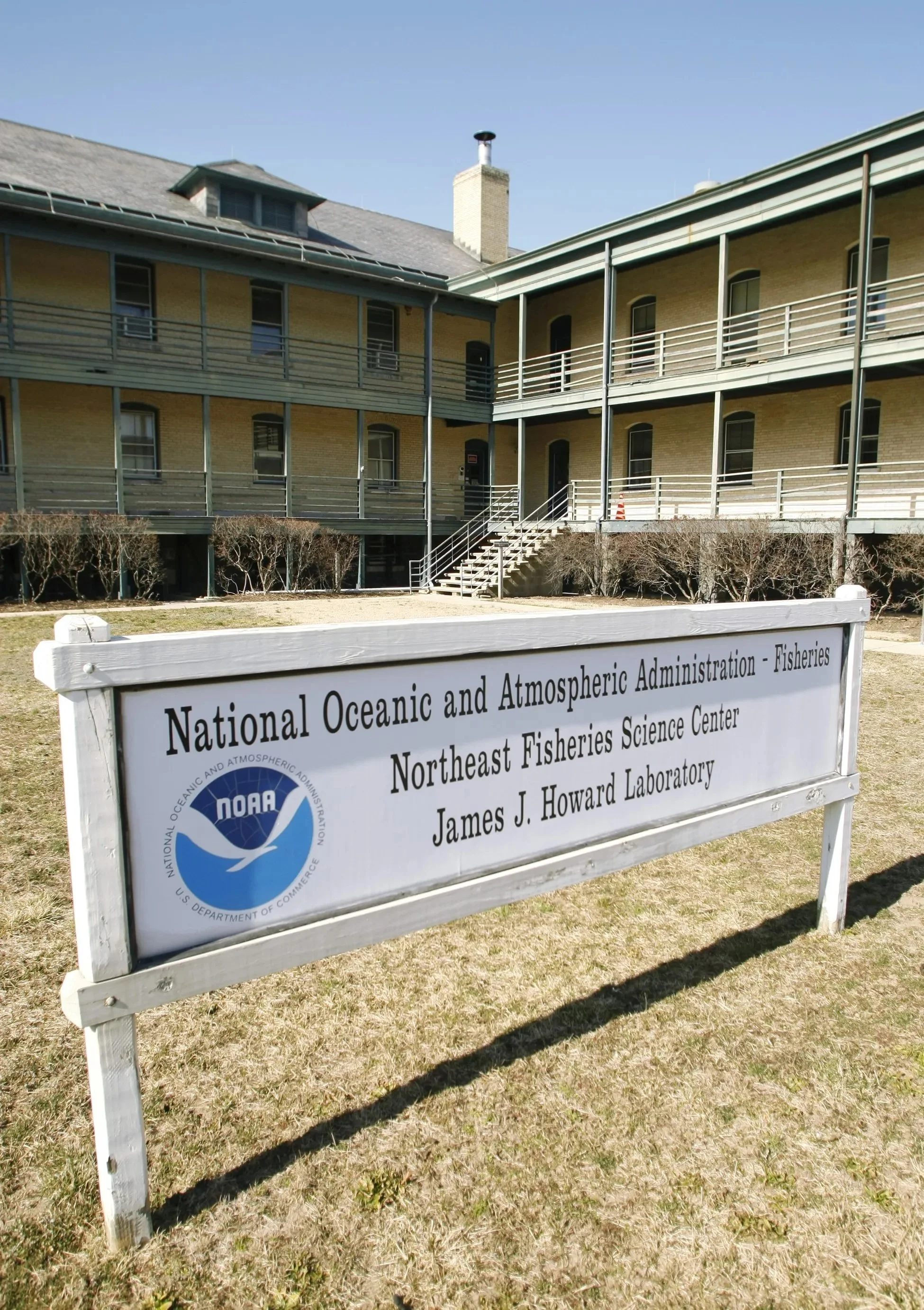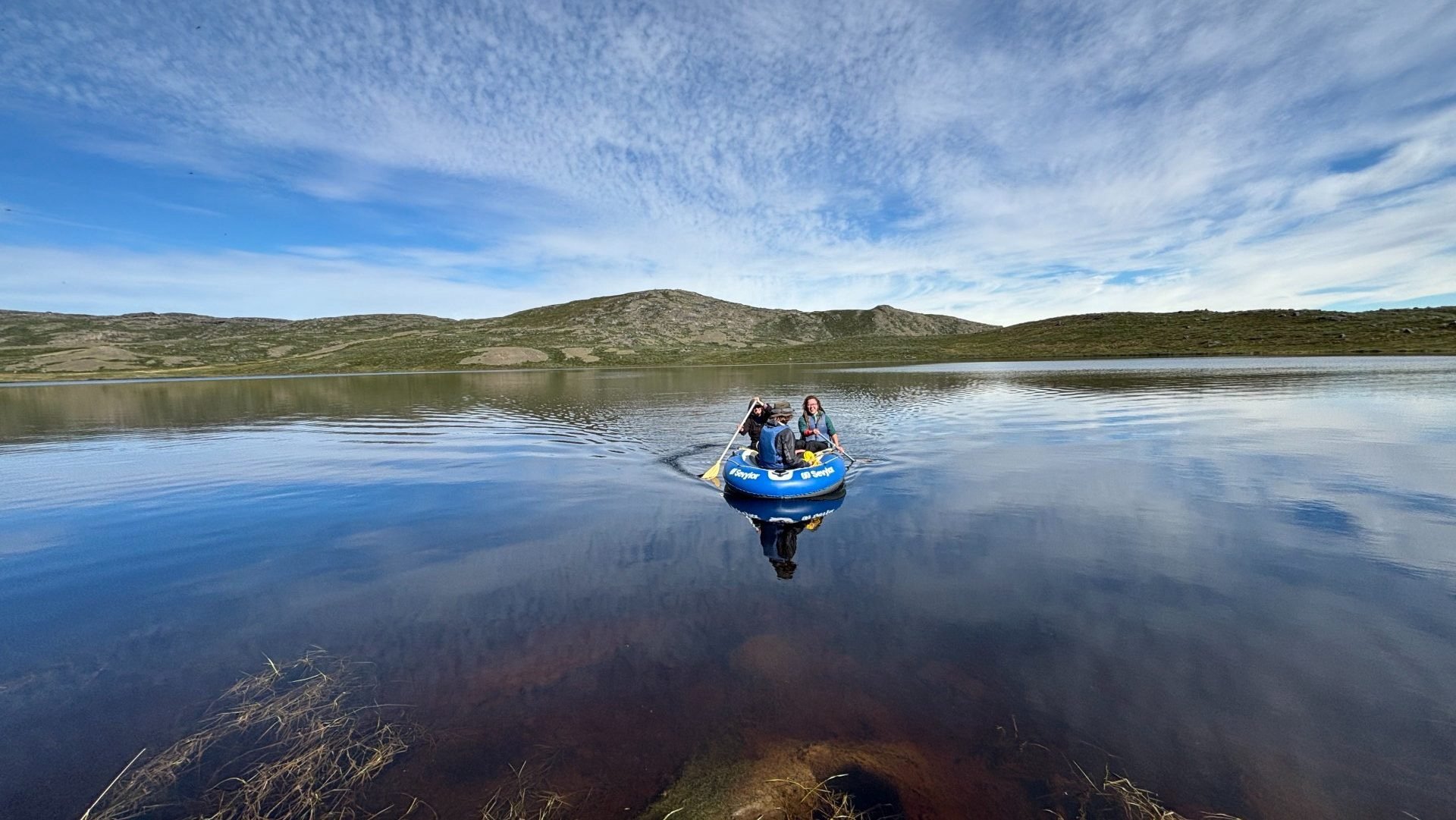CASE Consultants Wins First Prime Contract Under NOAA’s ProTech Fisheries 2.0 - Supporting Sustainable Aquaculture and Species Protection Across Alaska’s Marine Ecosystems
CASE Consultants International (CASE), a woman-owned small business and HUBZone-certified firm, is proud to announce its first Prime contract award under NOAA’s ProTech Fisheries 2.0 professional services vehicle. Under this multi-year task order, CASE will provide end-to-end support to NOAA’s Alaska Regional Office Protected Resources Division (ARO PRD), advancing sustainable aquaculture development while safeguarding protected species across Alaska’s marine and coastal environments.
CASE Awarded NOAA Contract to Support Sandy Hook Laboratory’s Marine Research Mission
CASE Consultants International (CASE), a leading provider of scientific and technical services to NOAA, has been awarded the National Oceanic and Atmospheric Administration (NOAA) Northeast Fisheries Science Center (NEFSC) Sandy Hook Laboratory Program Support Services contract.
Under this multi-year contract, CASE will deliver full lifecycle scientific, technical, and operational support to NEFSC researchers at the Sandy Hook Laboratory in Highlands, New Jersey. The contract encompasses a broad range of services that advance NOAA Fisheries’ mission to assess, understand, and protect marine ecosystems and species in the Northeast U.S. Continental Shelf region.
A new study warns that current plans to achieve zero emissions on the grid by 2050 vastly underestimate the required investments in generation and transmission infrastructure.
Impact of climate change on water resources will increase price tag to decarbonize the grid
One of World's Fastest Ocean Currents is Remarkably Stable, Study Finds
One of World's Fastest Ocean Currents is Remarkably Stable, Study Finds
Bacteria Encode Hidden Genes Outside Their Genome--Do We?
Bacteria Encode Hidden Genes Outside Their Genome--Do We?
A recent study by Columbia researchers has uncovered a surprising discovery about bacteria that challenges our understanding of genetics and opens up new possibilities for genetic therapies.
Historically, scientists have viewed genes as linear sequences on chromosomes, like sentences in a book. This view applied to all life forms, from bacteria to humans. However, the Columbia study reveals that bacteria have "free-floating" genes that don't follow this linear model. Instead, these genes can exist outside of the chromosomes and are temporarily created by a unique process involving a reverse transcriptase enzyme and RNA.
The researchers found that these free-floating genes, created in response to viral infections, play a crucial role in bacterial defense. This new type of gene, dubbed "Neo," is essential for protecting bacteria from viruses.
This discovery raises the intriguing possibility that similar free-floating genes might exist in human cells, potentially influencing our genetics in ways we haven’t yet discovered. The researchers are now exploring whether such extrachromosomal genes could exist in humans and how they might impact our health and development.
Additionally, the study highlights a new avenue for genetic therapies. By understanding and harnessing these bacterial reverse transcriptases, scientists could develop more advanced tools for gene editing, potentially improving existing technologies like CRISPR. This could lead to new and more effective treatments for genetic disorders.
Columbia University Irving Medical Center. "Bacteria encode hidden genes outside their genome--do we?." ScienceDaily. ScienceDaily, 9 August 2024. <www.sciencedaily.com/releases/2024/08/240809135927.htm>.
Driving Zero-Emission Operations: CASE Partners with RTI to Support the EPA’s Clean Ports Program
Driving Zero-Emission Operations: CASE Partners with RTI to Support the EPA’s Clean Ports Program
CASE Partners with RTI to Drive Nationwide Climate Pollution Reduction Efforts under the EPA’s CPRG Program
CASE Partners with RTI to Drive Nationwide Climate Pollution Reduction Efforts under the EPA’s CPRG Program
CASE Consultants Strengthens USGCRP’s Climate Adaptation and Resilience Efforts
CASE Consultants Strengthens USGCRP’s Climate Adaptation and Resilience Efforts




















